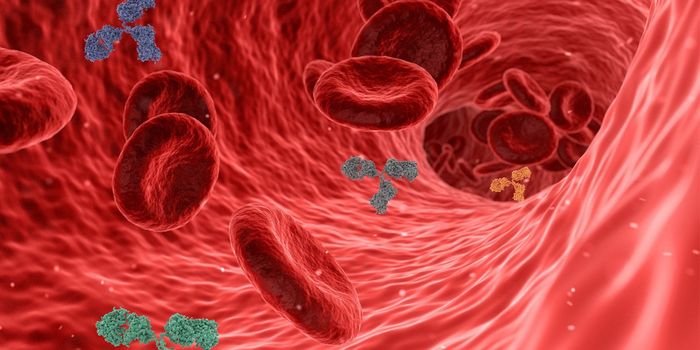Antibiotic Resistance May Be Passed Between Dogs and Owners
Household pets may act as a reservoir for mcr-1, a gene that is resistant to a last-resort antibiotic, colistin. The findings were presented by researchers at the University of Lisbon in Portugal at the European Congress of Clinical Microbiology & Infectious Disease (ECCMID) this year.
The mcr-1 gene was first reported in China in 2015 and is resistant to colistin, an antibiotic used as a last-resort treatment for various infections after other antibiotics fail to work. Researchers fear a case in which mcr-1 combines with another drug-resistant bacteria to create a new infection completely resistant to antibiotics.
As the gene is prevalent in various people and animals around the world, the researchers sought to find whether it could be shared between pets and pet owners. To investigate this, they collected fecal samples from 126 healthy people and their 102 cats and dogs in 80 households in Lisbon, Portugal, between 2018 and 2020.
Although all of the humans and most pets were healthy, 23 pets had skin, and soft tissue infections (SSTI), and 18 had urinary tract infections 9UTI).
All in all, the researchers found that eight dogs of the 102 pets and four humans had bacteria with the mcr-1 gene. Three of the dogs were noted as being healthy, while four had SSTIs and one had a UTI. No cats had the gene.
In two households with dogs with SSTIs, the researchers also found the mcr-1 gene in both dogs and owners. Genetic analysis of the samples then revealed that in one of the two cases, the gene had been transmitted between dog and owner. While it is possible that the gene was transmitted in both directions, the researchers say it likely originated in the dog.
The researchers say that their results show that the mcr-1 gene can be transmitted between dogs and their owners. Their findings raise concerns on whether pets can act as reservoirs for antibiotic resistance.
Sources: European Congress of Clinical Microbiology & Infectious Disease (ECCMID), EurekAlert









